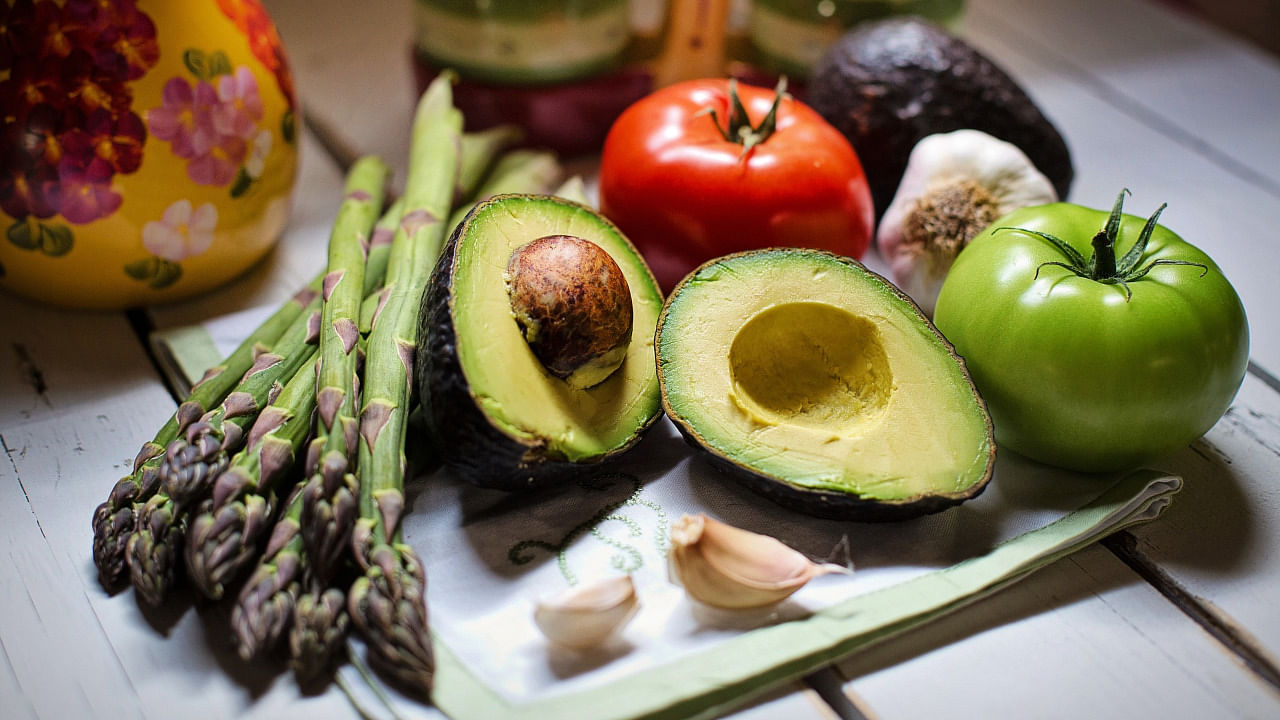
Many think of veganism as just following a plant-based diet. However, what you put on your plate is part of a bigger philosophy and lifestyle that believes in refraining as much as possible and practicable – from all forms of cruelty and exploitation of animals. Veganism is sometimes referred to as a fad; however, as more celebrities turn vegans for ethical or health reasons, youngsters are becoming keener on taking up the lifestyle.
Contrary to popular notions propagated by society, veganism as a philosophy is quite simple — it believes in not harming animals and respecting nature. However, it is a lifestyle that is not accessible to all and is expensive. Hence, it is often labelled as an elitist lifestyle.
How feasible is a vegan diet?
One of the significant challenges in following a vegan diet is finding a substitute for dairy. In a country like India, where a big chunk of the population remains below poverty, finding expensive substitutes for dairy is not feasible for all.
Thus, only an infinitesimal percentage of the population can stick to a vegan diet. Dairy is one of the top sources of nutrients like calcium, protein, vitamin D, vitamin A, among other nutrients. There are hardly any economical vegan staples available that can replace dairy. However, not many Indians realise that a simple meal (without ghee) consisting of chapati, rice, lentils, and subzi is essentially vegan in nature.
Apart from finding dairy substitutes, another challenge is looking for alternates that get you proper nutrients from a vegan diet. Nutrients like iron, vitamin B-12, and Omega-3 fatty acids are not as readily available in plants as in products derived from animals.
Therefore, if one is adopting a vegan diet, one must monitor the intake of these nutrients. Mineral and heme-iron deficiency is another aspect that one must keep in mind.
Top vegan substitutes
Dairy-free milk: Some popular non-dairy milk substitutes include almond milk, soy milk, cashew milk, hazelnut milk, and oat milk. Nut-based milk is generally more expensive than its dairy version. An easy way to make your milk substitute is to soak raw nuts, blend with water, and strain.
Mock meat: If you turned vegan because of ethical reasons but still want to savour the taste of a non-vegetarian meal, meat analogue or mock meat will come to your rescue. Mock meat is made from vegetarian ingredients but has the quintessential non-vegetarian taste and texture. Be it chicken, sausage, ham, beef, lamb, or seafood, mock meat will satiate you without putting you in a moral dilemma.
Tofu and Tempeh: Made from soybeans, tofu is pure protein and is a less-processed substitute for meat. Tempeh is a substitute for meat made from fermented soybeans and has a firmer texture as compared to tofu. Both tofu and tempeh are easily available and are widely used, especially in Asian cuisine.
Jackfruit: Jackfruit is probably the cheapest, most easily available, non-processed vegan substitute available for chicken and pulled pork fans. The fleshy and shredded texture of jackfruit mimics meat accurately and can be prepared in a variety of ways, even to resemble seafood, both look and taste-wise.
Check out DH's latest videos: